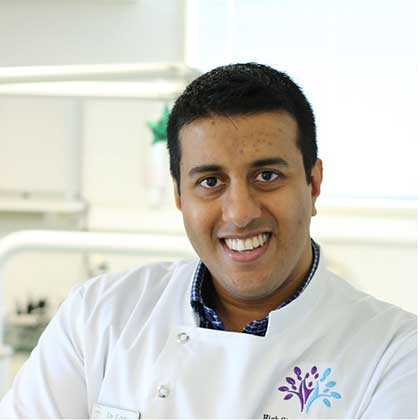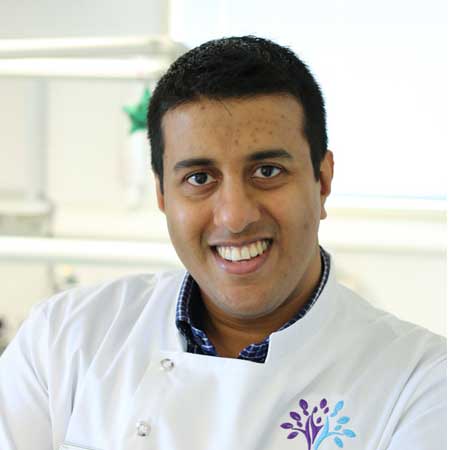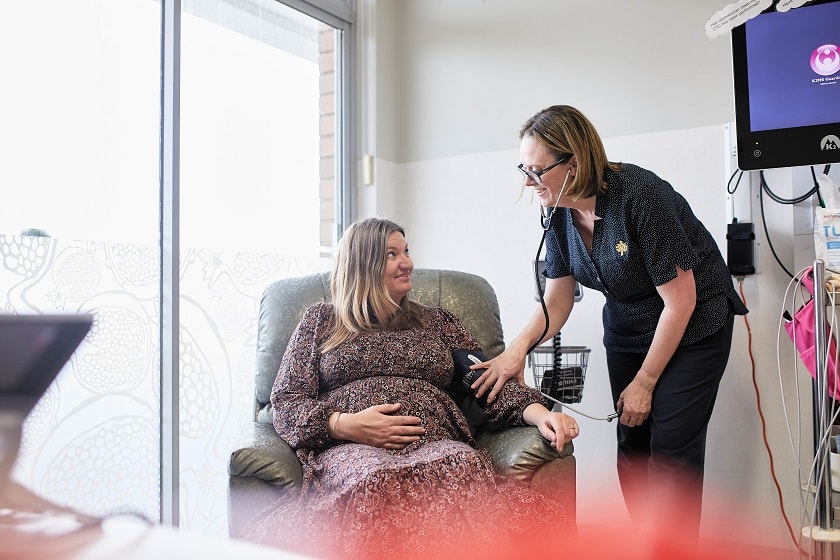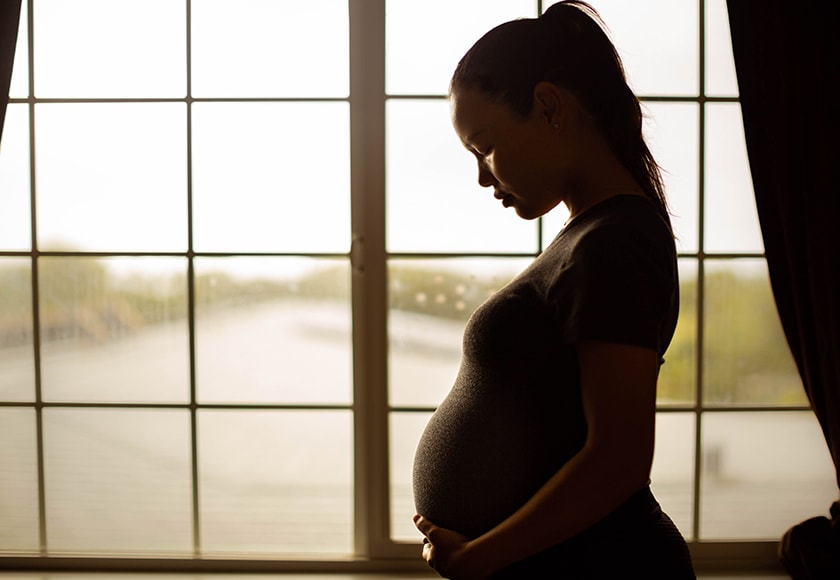When should I see my dentist?
Every woman who is pregnant or trying to conceive should see their dentist for a general dental examination or a check-up.
If you haven’t seen the dentist in a while and you have just had a baby it is still very important to see the dentist to receive advice on how to improve and maintain your newborn or toddler and your oral health.
I don’t have any pain, why should I see the dentist?
You have to remember that your oral health is an important and integral part of general health.
While, your GP and obstetrician look after the health and wellbeing of you and your baby, it is the dentist’s duty to make sure your oral health is satisfactory and does not get in the way of your healthy pregnancy.
There are several reasons for this:
- It is important to have a healthy, clean mouth and gums. There have been multiple studies showing that chronic gum disease may be associated with women having pre-term low birth weight babies and your dentist can assist you to get your gum health to a highly satisfactory level.
- A small cavity in a tooth that can be fixed relatively quickly may end up causing a terrible toothache that would require root canal treatment or extraction taxing your body during pregnancy.
- Some medicine and dental procedures are better suited for before or after pregnancy so it is important to discuss any concerns regarding ongoing or planned dental treatment which may impact your pregnancy.
- Babies are born with sterile mouths and acquire microbes from the environment mainly from their mothers. When mothers have unsatisfactory oral health, their babies tend to get bad microbes faster which can adversely affect their developing teeth.
It is important that you tell your dentist if you are pregnant or think you might be pregnant so they can decide which procedures are 'safe and necessary' and which are unsafe and better left until after your baby is born.
Are X-rays safe during pregnancy?
Dental X-rays (or radiographs) are safe during pregnancy.
The amount of radiation from one dental X-ray is 0.004 mSv which is equal to 1/200 of a chest X-ray or to 1/12000 of a CT scan.
In other words, exposure to radiation from one dental X-ray is less than the amount of radiation you get exposed to from taking a flight from Melbourne to Sydney or eating five bananas.
In addition, while taking dental X-rays, X-ray beams are not directed down towards the developing baby, but rather directed up and towards the head.
However, as dentists we understand your anxiety regarding X-rays and we only take X-rays that are absolutely necessary and can offer protective lead aprons to put patients further at ease.
What is safe and unsafe during pregnancy?
Your dentist will discuss the risks associated with any recommended procedures with you. If you have any queries or concerns, speak to your dentist or doctor directly.
Safe
All emergency dental procedures and most routine general dental procedures that are performed under local anaesthesia including cleans, fillings, extractions, crowns and even root canal treatments can be safely carried out during pregnancy providing there is no other underlying medical condition.
During your third trimester lying down on a dental chair for extended periods of time may be very uncomfortable and therefore some elective dental procedures like crowns may be postponed until after your baby is born.
Unsafe
Pregnant and breastfeeding mums should avoid any teeth whitening or bleaching treatments as the chemicals used can release substances that are harmful to your baby via blood and breast milk.
Despite the fact that most dental implant treatment can be safely carried out under local anaesthesia planning of such treatments require cone beam CT scans and multiple X-rays, before, during and after the procedure. Therefore it is better that these kinds of elective dental procedures are postponed until after your baby is born
It is important to speak to you GP and to your dentist to have a good understanding of which painkillers and antibiotics are safe during pregnancy and breast-feeding.
Some antibiotics such as Tetracycline and some painkillers such as Ibuprofen must be avoided during pregnancy unless advised by your GP.
What should I do now?
If you have already been seeing your dentist regularly and have discussed most of this then you may only need to reinforce what you already know.
If you haven’t please see your dentist at the earliest convenient time because as they say 'prevention is always better than cure'.








